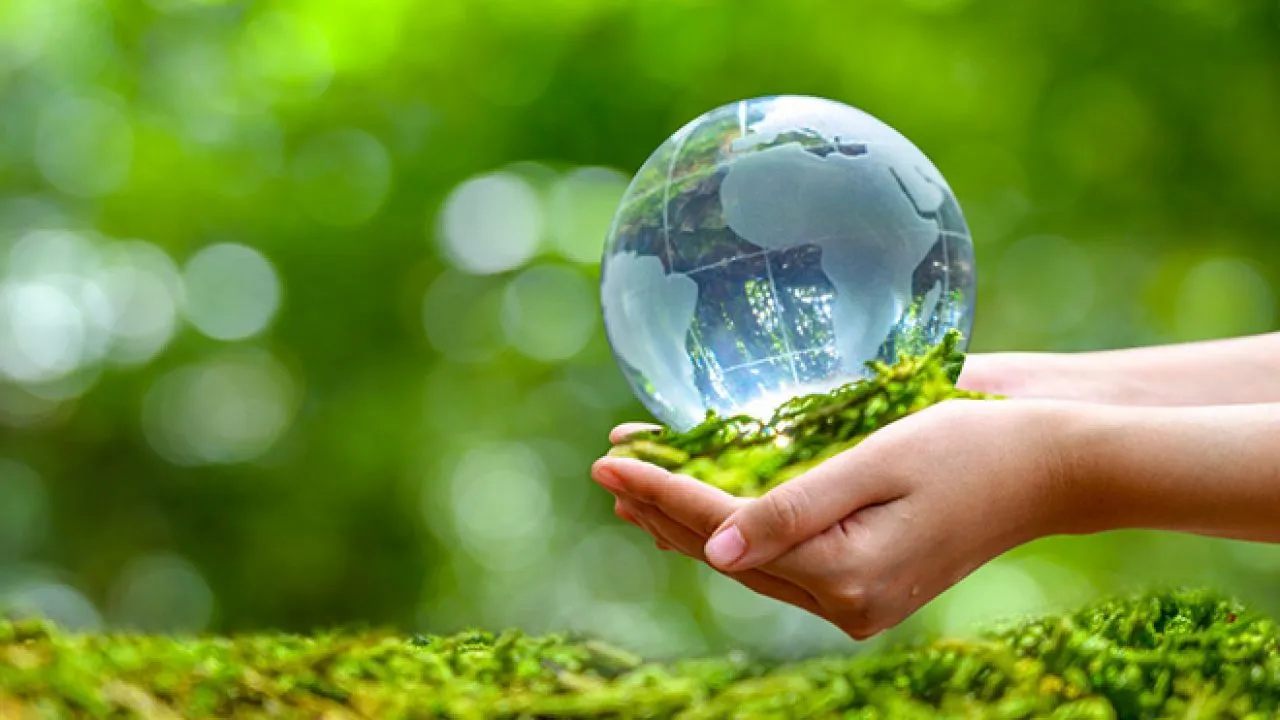The world's population is growing at an alarming rate. Over the last few decades, global population has increased from approximately 6 billion people to over 7 billion people. This rapid growth in population can be attributed to numerous factors, including improvements in medical care, increased availability of food, and decreased mortality rates. If you want to get detailed knowledge about global overpopulation, then you can redirect to this https://www.yanvanathemessage.com/overpopulation/.
One of the most concerning impacts of global overpopulation is the strain it places on the environment. With more people living on the planet, demands for resources such as food and energy increase. This has led to deforestation, water shortages, and air pollution, all of which negatively impact the environment. Additionally, the increased demand for resources has led to a depletion of natural resources at an alarming rate, furthering environmental degradation.

Image Source: Google
The economic impacts of global overpopulation are also far-reaching and concerning. With more people competing for resources, the cost of living can increase significantly, leading to higher costs of food, housing, and energy. This can make it increasingly difficult for individuals and families to make ends meet. Additionally, the increased demand for resources can lead to increased prices, which can hurt economies and lead to further economic inequality.
They can lead to social unrest. With more people competing for limited resources, conflict can arise between different groups. Additionally, the increased demand for resources can lead to scarcity, which can further exacerbate existing tensions between different social groups.
In conclusion, global overpopulation is a growing concern for the world. It places a strain on the environment, economy, and society, and can have serious consequences if left unchecked. It is essential that we take steps to reduce global population growth in order to prevent further damage to the planet and ensure a sustainable future.
